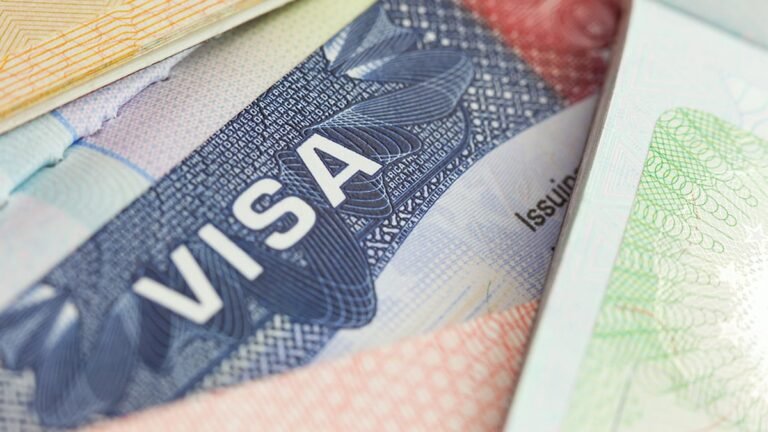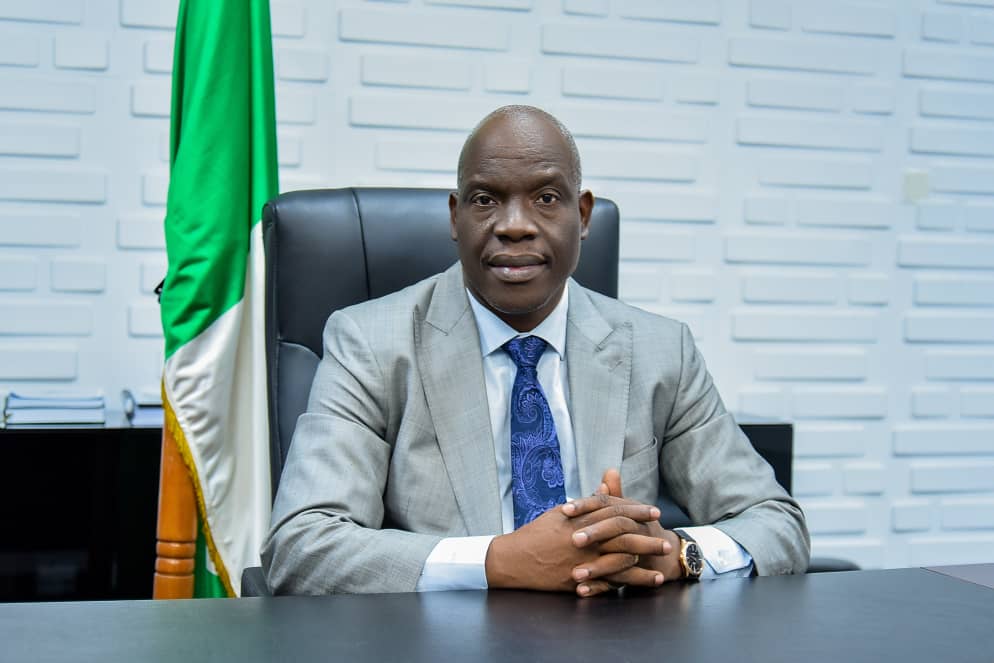The Federal Competition and Consumer Protection Commission (FCCPC) has announced the total recoveries of N10 billion for aggrieved consumers following complaints against banks, fintech services, and others between March and August 2025.
This was contained in a statement signed by Ondaje Ijagwu, FCCPC, Director, Corporate Affairs, on Thursday.
According to the report, the Commission received 3,173 complaints against banks, making the sector the worst performer. Fast-Moving Consumer Goods (FMCG) followed with 1,543 complaints, while fintech companies accounted for 1,442. The electricity sector ranked fourth with 458 complaints. Other sectors in the top ten included e-commerce (412), telecommunications (409), retail and wholesale (329), aviation (243), information technology (131), and road transport/logistics (114).
Overall, the FCCPC said it resolved 9,091 cases during the review period and secured more than ₦10 billion in refunds and recoveries for affected consumers. Complaints ranged from unfair charges and unauthorised deductions to deceptive marketing, service failures, product defects, and delays in redress.
FCCPC Executive Vice Chairman/Chief Executive Officer, Mr. Tunji Bello, said the report underscores the daily struggles Nigerians face across essential services.
“These numbers are not just statistics; they tell the story of consumer frustration. The FCCPC is determined to hold businesses accountable, ensure compliance with the FCCPA, and promote fair market practices that protect the welfare of all consumers,” he said.
The Commission noted that banking and fintech complaints carried the greatest financial weight, with recurring issues in loan deductions, account charges, failed transfers, and transaction disputes. This trend, it warned, points to the urgent need for stronger regulatory coordination with the Central Bank of Nigeria (CBN).
Electricity Billing a Major Issue
Electricity also emerged as a major source of consumer frustration, with billing disputes and poor service delivery dominating complaints. The FCCPC called for closer collaboration with the Nigerian Electricity Regulatory Commission (NERC), state regulators, and electricity distribution companies (DisCos) to tackle persistent failures.
E-commerce disputes, though generally lower in monetary value, were found to be high in frequency, covering issues such as delayed deliveries, counterfeit products, and refund bottlenecks—signalling a growing pain point for consumers at the retail level.
The report also highlighted rising complaints around digital lending, investment schemes, and microfinance services. This coincides with the rollout of a new FCCPC regulation designed to curb abuses in Nigeria’s digital lending sector.
The Commission pledged to intensify monitoring, enforcement, and cross-sector collaboration, particularly in financial services and utilities, where consumer exposure remains high and systemic exploitation persists.
Consumers were also encouraged to continue reporting violations through the FCCPC complaint portal: complaints.fccpc.gov.ng, or FCCPC zonal and state offices.
























